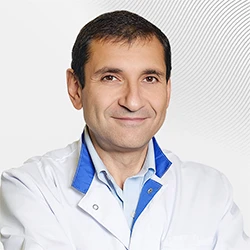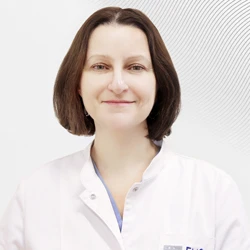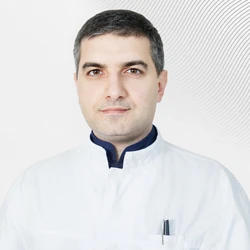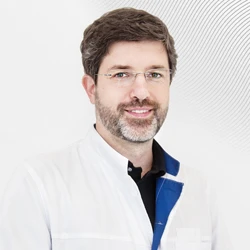On December 14, Moscow Mayor Sergei Sobyanin announced at a meeting of the Moscow Government that he had been appointed the new head of the capital's health department. Leonid Pechatnikov.
Leonid Mikhailovich Pechatnikov — President and Chief Physician of the European Medical Center, MD, Professor, Honored Doctor of the Russian Federation, member of the IOC Medical Commission and Director of the Department of Medical Support and Doping Control of the Organizing Committee of the XXII Olympic and XI Paralympic Games in Sochi 2014.
Graduated from the First Moscow Medical Institute in 1979. Sechenov University, where he completed his residency in internal Medicine in 1981.
From 1981 to 1987 he worked as an associate professor at the Military Medical Faculty at the Central Medical Institute.
Until 1994, he worked as Chief Internist at the Central Republican Clinical Hospital of the Ministry of Health of the RSFSR, and from 1994 to 2001 he served as Chief Internist at the Medical and Diagnostic Association of the Ministry of Health of the Russian Federation, from where he moved to GKB No. 67 in Moscow, where He was the Chief Therapist until 2004.
In 2004, he started working at the European Medical Center as the Chief Physician.
Leonid Pechatnikov was engaged in teaching — he taught a number of courses at the Russian State Medical University, Leonardo da Vinci University (Paris, France), the Moscow Institute of Physics and Technology, where he was one of the founders of the Department of Mathematical Modeling in Healthcare and Medicine at the Faculty of Applied Mathematics. He was awarded the medal "Defender of Free Russia".
The mayor instructed the new head to primarily deal with tenders for the purchase of medicines and programs for the modernization of healthcare. Special emphasis will be placed on the development of pediatric medicine.
Was this information helpful?
Questions and answers
Break iafter the last course of chemotherapy
Why a break is necessary after the last course of chemotherapy?
In cases where chemotherapy is not enough effective, some cells of the tumor does not die as a result of exposure and only slow down their biological processes temporarily, so they do not accumulate diagnostic radiopharmaceutical that can lead to a false negative result. After 2-3 weeks, tumor cells return to their
normal state and can be seen at the PET/CT scan. Thus, the break after the last course of chemotherapy should be done in order to obtain reliable results of the quality of treatment.
...more
Radiation therapy for prostate cancer
What to expect during radiation therapy for prostate cancer?
The procedure of external radiotherapy is similar to conventional x-ray examination. Radiation is invisible, has no smell and gives no sensations, side effects do not appear until 2nd or 3rd week of treatment.
Radiotherapy for prostate cancer is a local treatment; therefore, you may experience some side effects
only in those parts of the body that are exposed.
...more
Сhronic nonspecific spondylitis
Can we go to your center in the following case: the patient born in 1955. Diagnosis: chronic nonspecific spondylitis T7-T9. A state after interbody fusion T7-T9 with autologous bone. Brown-Sequard's syndrome. Right thoracotomy with interbody fusion using autotransplantation (resected rib) was done in 2010, no bone
block formed during the postoperative period. Transpedicular fixation T 5-6-10-11 was also done in November 2010. There was a primary healing on the wound as a result of treatment. He was able to sit and stand as well as stay in upright position up to 2-3 hours. At the moment, mobility is restored, able to walk and sit. But pain is still present. Can we expect further surgical treatment and rehabilitation at your center?
...more
In this case surgical care rendered fully, but it is hard to say more without images. If pain is still present, it is necessary to look for the cause of this, but it may be in the early postoperative period. You can contact us for a consultation to clarify the nature of the disease.
MRI or CT scan
Please tell me what kind of examination is better in case of head injury - an MRI or CT scan. I have hit my head in June this year, and now I feel a discomfort at the site of the injury sometimes (there in no acute pain)?
CT has advantages in the visualization of bone structures. MRI is better for soft structures imaging, including the brain substance. According to the description, the intracranial structures damage is unlikely. Why CT or MRI? An ultrasound of soft tissues in the area of injury is also applicable. The pain in the
scull can also be associated with vessel, for example, cranial arteritis, or lymphadenitis, or muscle/enthesis, and then you might need certain blood tests. And maybe these tests are not required. I would recommend you to see the doctor and let him assess the case; he will take a decision concerning following examination as a result of consultation.
...more
Lump in my breast
I have noted the lump in my breast periodically appeared following breastfeeding my first child (as a result of plugged duct). I did an ultrasound, but it revealed nothing, as if everything was normal. I knead my breast periodically and feel pain at those moments. Now I am pregnant, due date is on 20th. What should I
do?? When to examine my breasts, is it possible to perform the examination during pregnancy and lactation?
...more The "lump" in the breast cannot occur after feeding, even if it was the plugged duct. You should not "knead" the breasts. If there is a problem or even if you think it is – the breast should be examined. Pregnancy and breastfeeding are not contraindications for this. Under normal conditions for pregnant women we
recommend a breast examination during 1 and 3 trimester (before childbirth). There are no contraindications for breast examination in your case. You are welcome at any convenient time for examination and advice on breastfeeding.
...more 




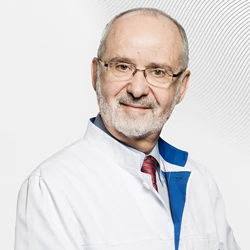
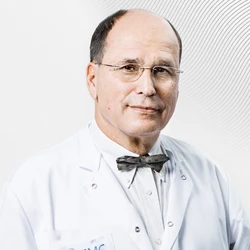
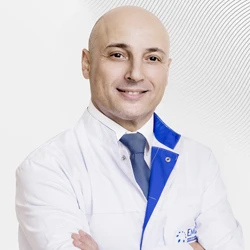
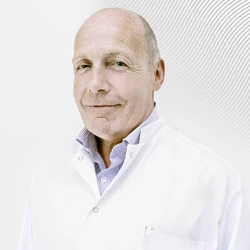
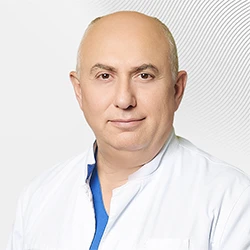
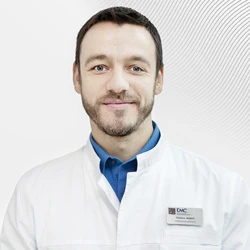
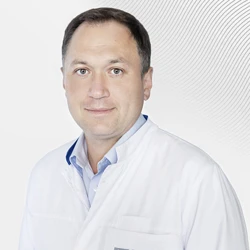
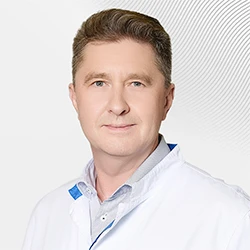
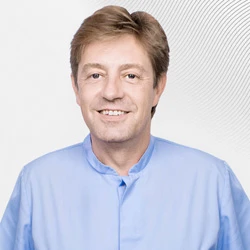
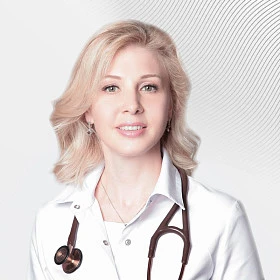
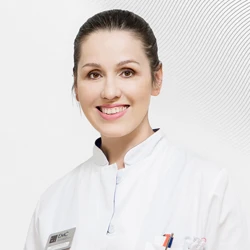
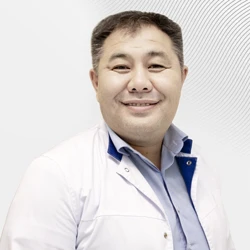
.webp)
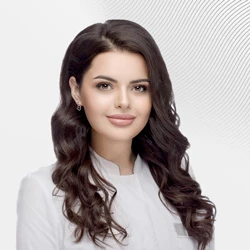
.webp)
